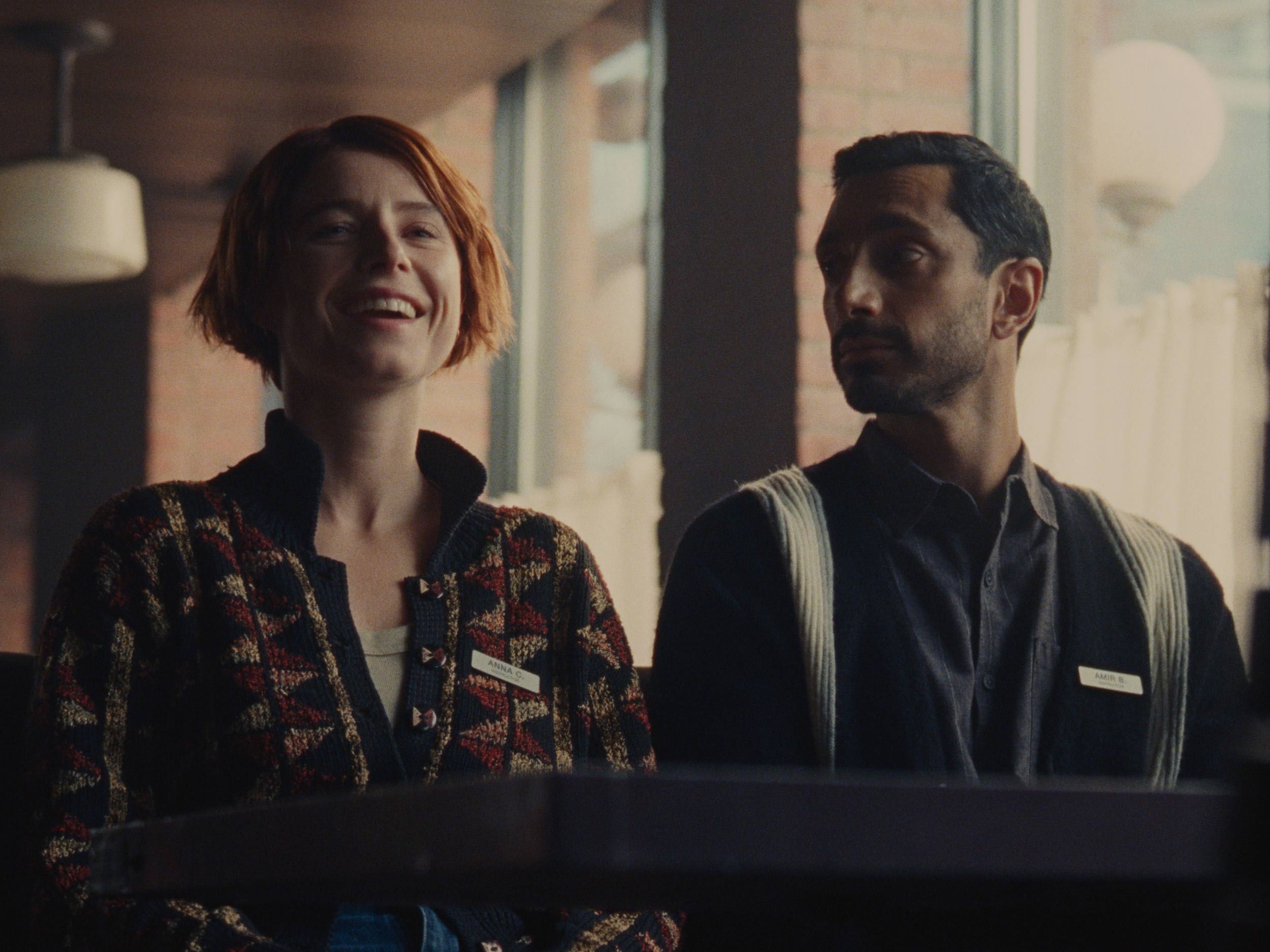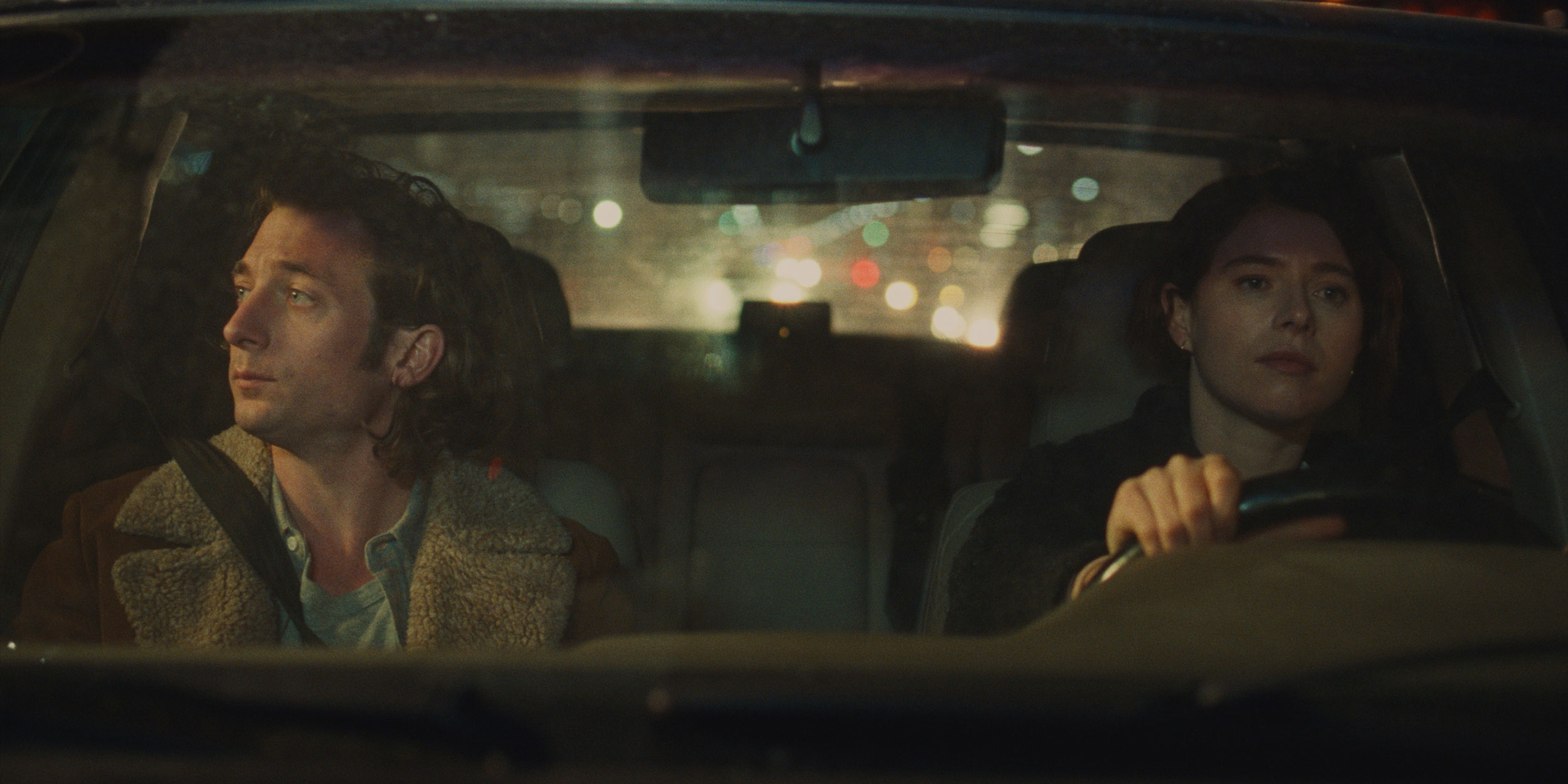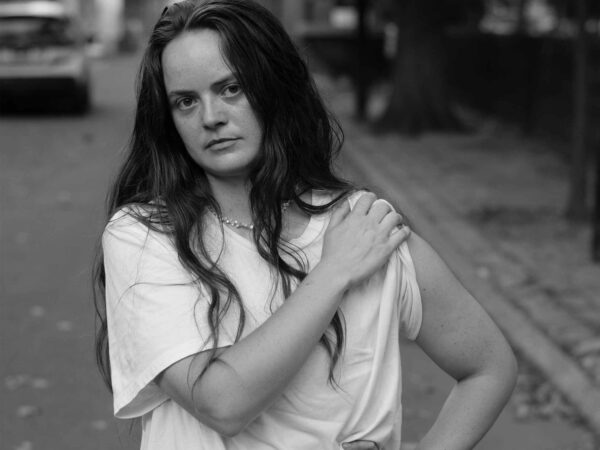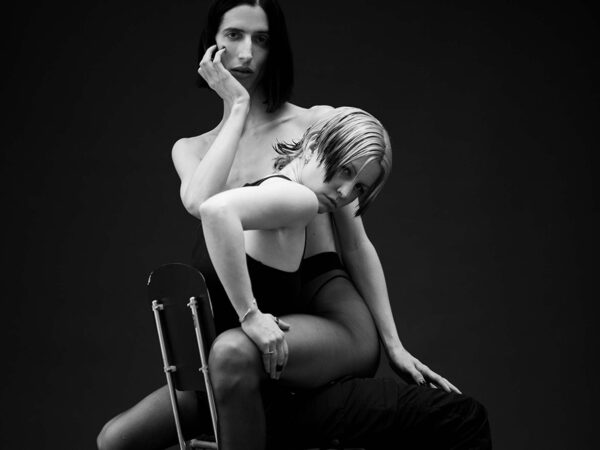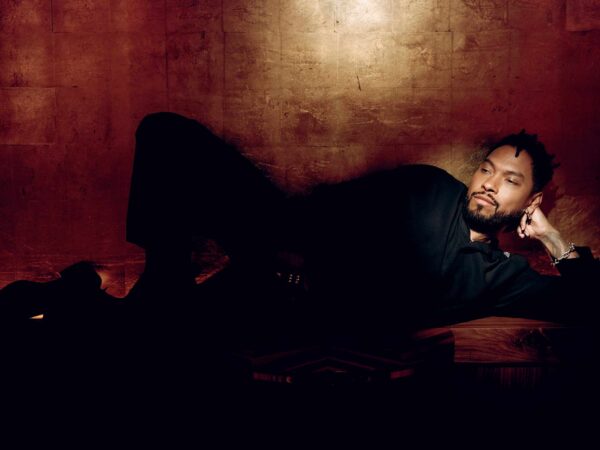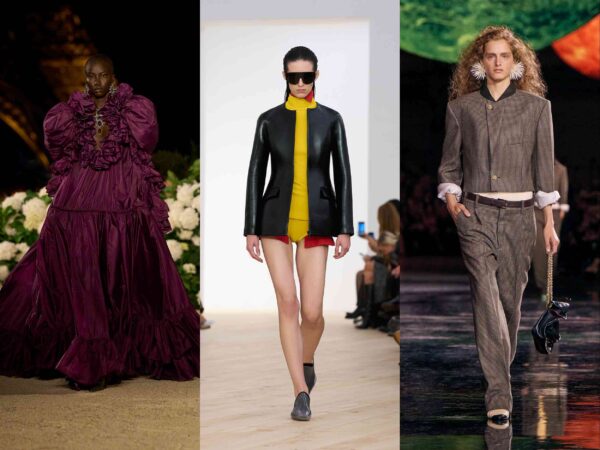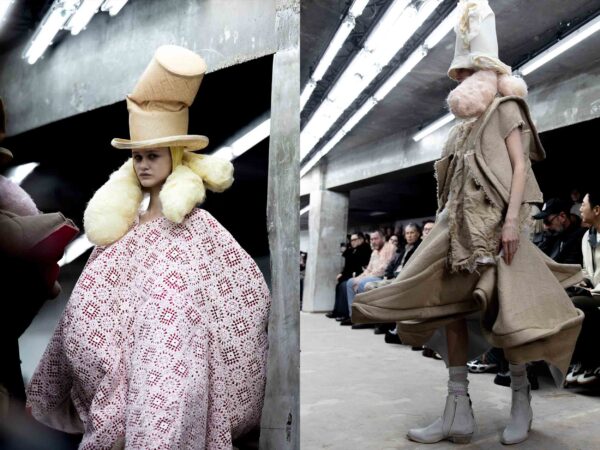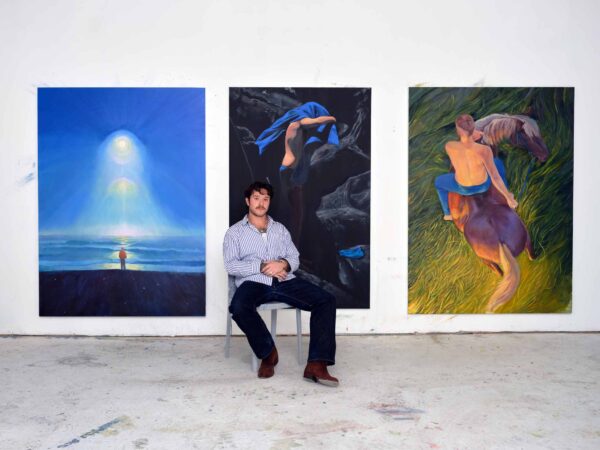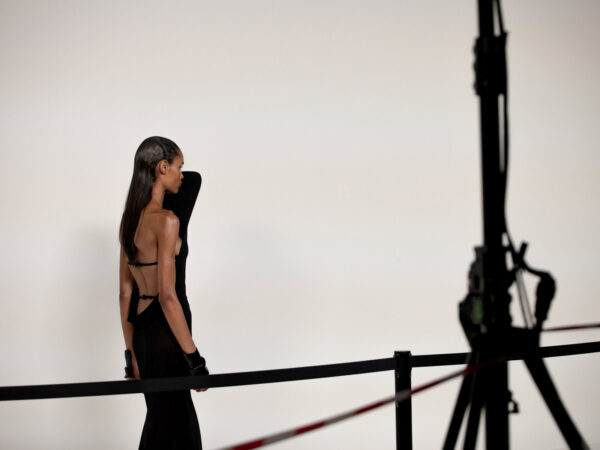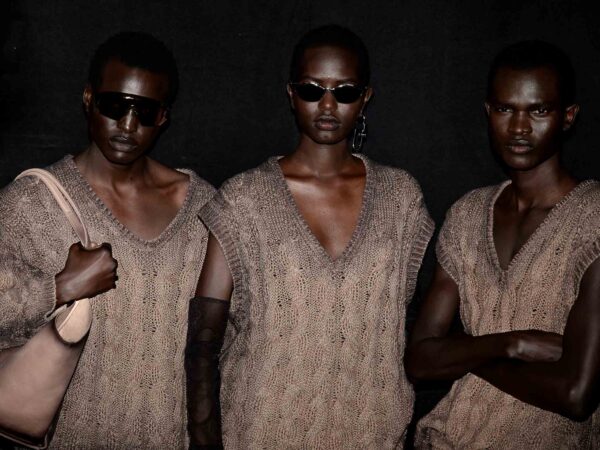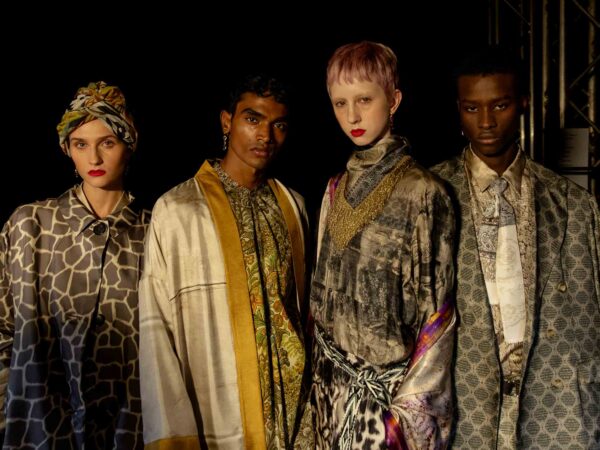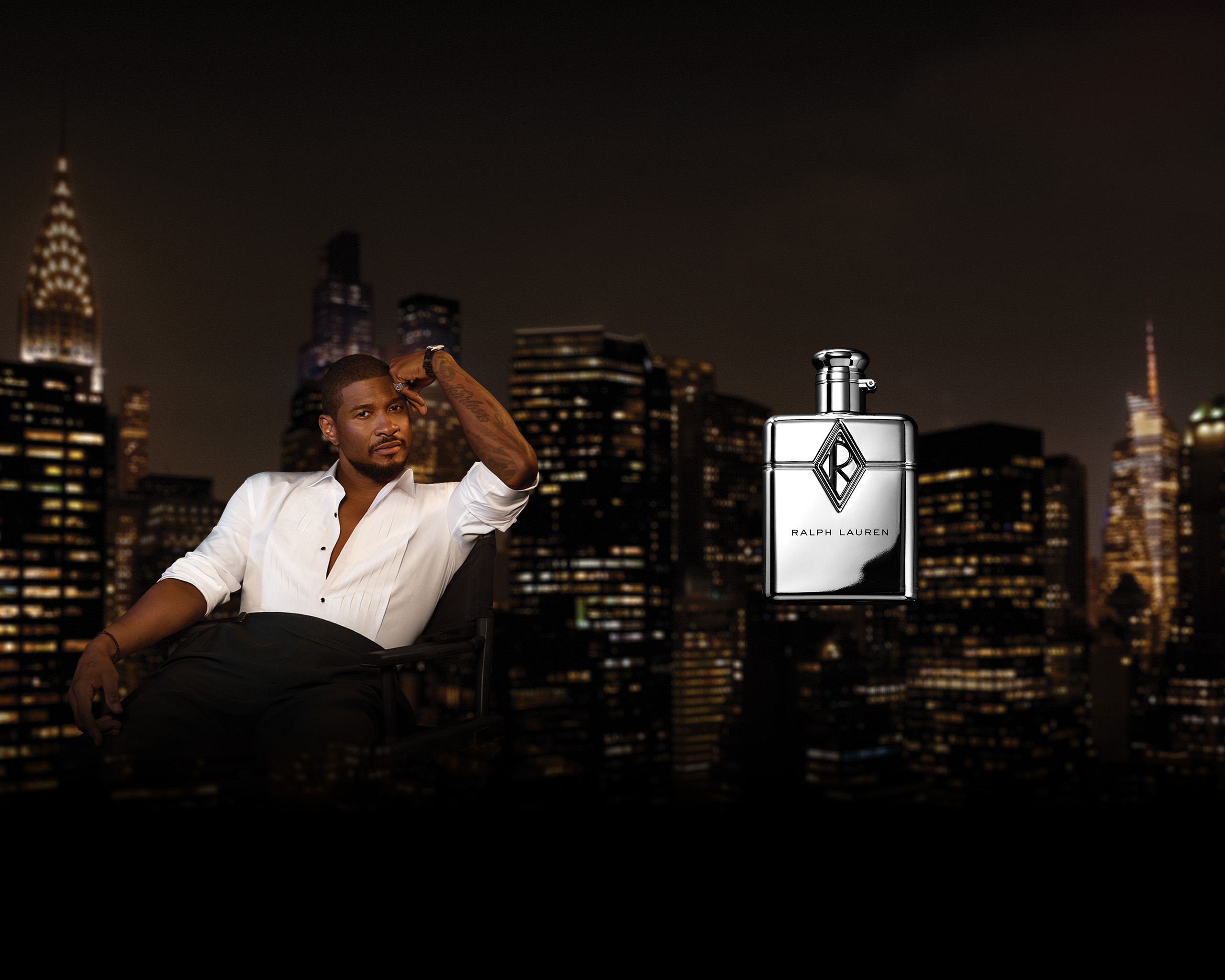Christos Nikou’s new film imagines a not-too-distant dystopian future, where love can be certified with a one-off test
ChatGPT has a problem: Rather than admitting that it doesn’t know the answer to a given question, the service has been known to make up information that seems likely to satisfy the user, whether or not it is accurate. Earlier this fall, for instance, the novelist Elif Batuman wrote of her adventures using ChatGPT to source a quote from In Search of Lost Time, only to find that the results offered did not actually come from Proust. Instead, the passages were AI-generated attempts to answer her question in an imitation of the author’s voice’—ChatGPT would rather outright lie than admit uncertainty.
As users of technology, this is largely our fault, in that we turn to tools like Artificial Intelligence or Google for verification, mitigating the struggles of thinking to arrive more efficiently at a clear answer. We can, to a certain degree, suspend our own faculties of judgment and let algorithms and codes do the work, sift through the noise, wrench out something shiny and spotless, free of struggle. It is remarkable, in fact, that over the last year, AI’s major advances have largely touted the capacity to replace subjective modes of thought, particularly in the arts and humanities. This tendency belies a society that devalues artists and is deeply anti-intellectual, to be sure—but it is also perhaps about taming anything that does not lend itself to verification or transparency, about building up a defense against that which is contextual, mutable, or abstract. Certainty is soothing, and so ultimately it is comfort more than thoughtfulness that tools like ChatGPT really offer.
AI can’t—as far as I know—feel yet. But what if something as subjective as emotions could be reduced to a formula, condensed for analysis or authentication? In Christos Nikou’s new film Fingernails, a device has been invented that can, through the chemical analysis of a subject’s nails, determine whether or not a given pair are in love. The test takes place at the Love Institute, a cozy but tired office building plastered with posters that compel clients to “Take the Risk Out of Love” and get authenticated. (They literally issue Love Certificates.) The Institute’s leader, Duncan (Luke Wilson), explains that the test was created amid a decline in the act of falling in love, and is meant to hail a time of “no more uncertainty, no more wondering, no more divorce.”
It is this wondering that draws Anna (Jessie Buckley) to a job at the Institute, where she works under the tutelage of Amir (Riz Ahmed) to prepare couples for their test. Anna and her partner Ryan (Jeremy Allen White) have their Love Certificate, but something is causing her to question whether they should re-test—and she wants to understand the Institute’s methods.
In pre-test programming, Anna and Amir lead exercises to improve the chances of getting a 100% love result. (The other options are 0%, or 50%, the latter of which is an indication that the love flows only in one direction.) For the most part, the exercises are designed to certify one’s knowledge of their other-half: In one scenario, all of the participants are undressed in a gymnasium, except for one, who is blindfolded and must find their partner by scent alone. The Institute’s vision of love is based on this totalising, unambiguous knowledge of the other, which lends itself to clear results and maximum efficiency. Posters like “Experts Argue That Getting Love Validated Leads to Fewer Divorces” greet new clients on their way in, and Duncan himself admits that he divorced his wife because of a negative test result. In this landscape, there are no shades of gray—only absolutes, only monogamy, only perfect and total or nothing.
The intersection of love and technology is not new terrain for film and television, but what Fingernails might offer is a particular emphasis on the commodification of certainty—or to put it differently, the all-too-contemporary allergy to uncertainty. Anything with an element of risk, such as love, is marked as a waste of time—being told definitively that you are right or wrong allows Love Institute clients to clear the fog, avoiding unproductive use of their precious time, which could otherwise be spent, presumably, working.
Devices such as “the test” quell anxiety not only by offering the security of verified truth, but also the security of the past and the replication of traditional, normative relationships. Good subjects follow their test results—they don’t waste time with partners who won’t allow for a fruitful, eternal bond, and all but one couple in the film are heterosexual. When Anna and Amir’s favorite clients—two teenagers—pass their test, they all pose for a photograph holding up their certificate, like parents celebrating their children’s graduation. This image, an uncanny replica of the nuclear family, subtly conveys the Love Institute’s mission: to produce subjects who reproduce, who guarantee the continuity of the monogamous couple and normative sexuality and gender.
This compulsory coupledom backdrops the film’s world in quiet ways: Anna is rewarded on the job market for having her Love Certificate, and at happy hour drinks with Ryan, the diner boasts discounts for “couples in love.” Later, Anna figures out that Amir’s girlfriend Natasha (Annie Murphy) is actually just his neighbor—she is like a beard for being single—and he took the job at the Institute to find out what is ‘wrong’ with him, why all of his tests have come back negative. Though the film doesn’t really exfoliate this intensification of cultural norms, it feels like a response to present-day anxieties about singleness, or perhaps a warning about the reactionary outgrowth of the conservative ‘trad wife’ trend and the $70 billion per year US wedding industry. Perhaps Fingernails—intentionally or not—points to the disciplinary institutions that literally train people how to be a couple, claiming this is the only way to secure social cohesion and happiness.
At the very least, the film does dissolve the notion that everyone has one perfect soulmate, suggesting that this myth is the genesis of loneliness rather than a balm for it. Duncan himself notes that “we’re all lonely and always searching to fill that void”—the always here being operative as even Anna, despite her positive test result, begins to doubt her relationship with Ryan. It belies an eternal lack, which for Duncan might mean a partner without whom we are incomplete. It could also be read psychoanalytically as the state of being alive, as the general search for fulfillment that is fundamental to human consciousness.
Instead, by being made to feel that her uncertainty and yearning are pathological, Anna is driven to do the love test over and over—a process that entails pulling out entire fingernails at a time, bleeding, building makeshift splints, and lying to Ryan about it. She turns to this physically painful process to assuage the emotional pain of her atrophying relationship, and the dawning sense that she is falling for Amir. But the test does not hold room for the possibility that Anna could have two soulmates. Rather than imagining love as, in the words of the late academic Lauren Berlant, “one of the few places where people actually admit they want to become different,” the machine can only reroute her back to safety, tradition, and a false sense of certainty.
Fingernails imagines a present not very different from ours (its retro-futurist, ’90s aesthetic is much less high-tech than the stuff of Black Mirror), but with subtle dystopian differences. Aside from the domestication of love and relationships, we also hear that schools are shutting down; Anna, a teacher, is hired at the Institute because she can’t find work in her field. At her last interview with an elementary school, she sees an educational poster about Adam & Eve that suggests all ended happily in the garden—there was no Fall, ergo there was no search for knowledge, nor an encounter with risk or the unknown. In this pedagogy, security trumps curiosity. There is no need for substantive engagement. Inquiry is edited out of the picture.
But the temptation to explore beyond the trodden path won’t just disappear—at least not for Anna, Ryan, and Amir. Nikou thus crafts a romantic comedy that applauds the pleasures of risk, ambiguity, and possibility, suggesting that love is inherently without guarantee, and that this is what we need to hold sacred.
Fingernails premiered at the Toronto International Film Festival on September 12, and arrives on Apple TV+ today.


